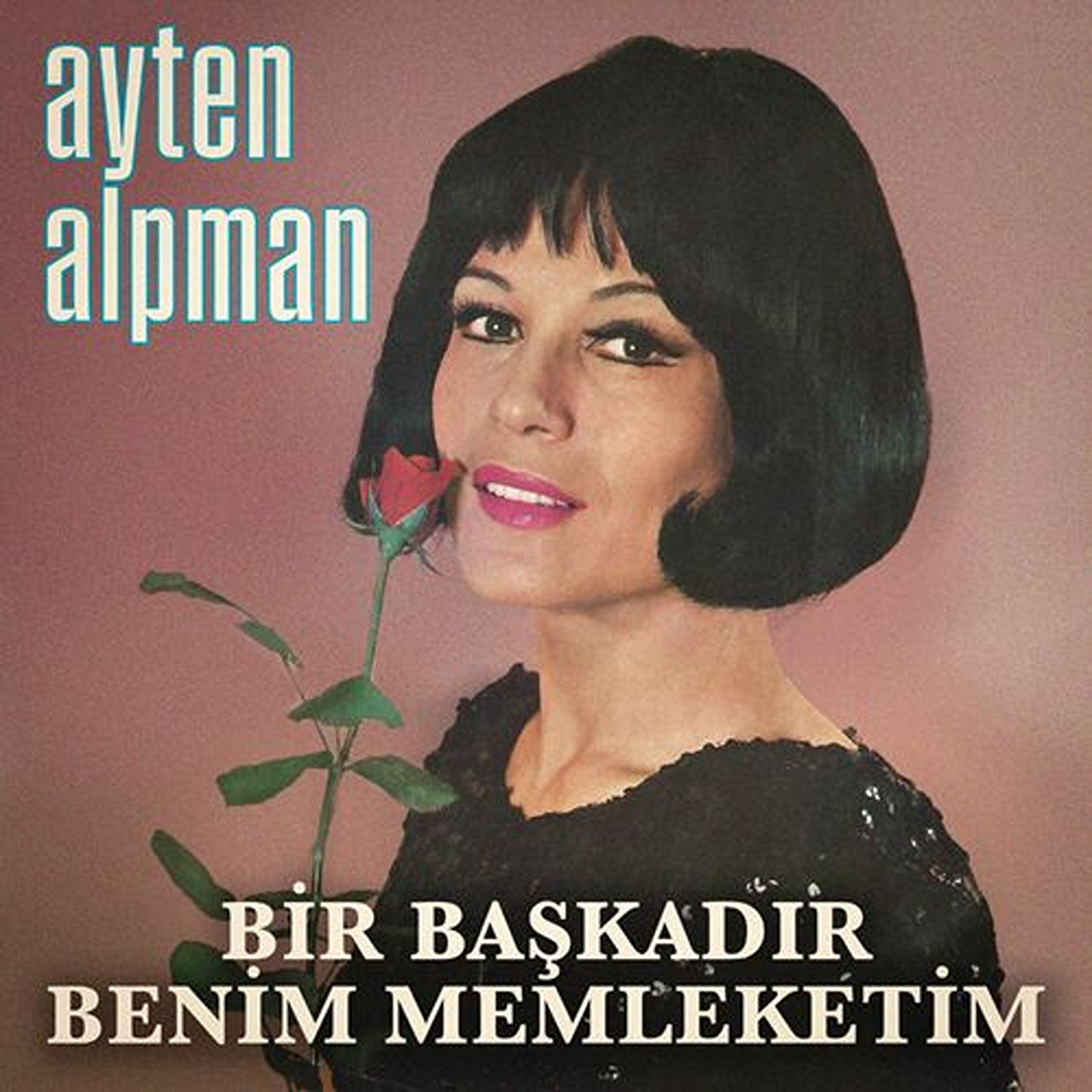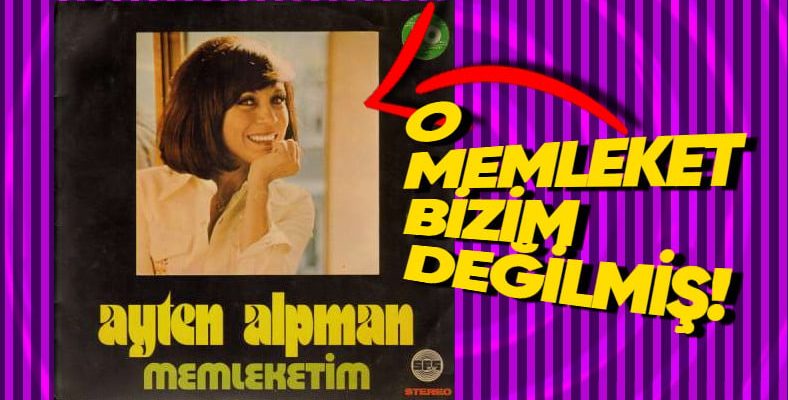Do you know where the song “My Homeland”, which we all talk about and that keeps revolving in our minds while thinking about our beautiful country, comes from?
Hearing the song for the first time in Turkey From Ayten Alpman What fascinates us when we listen to it is the one that plays at the end of the main news bulletins and the words “my hometown is differentThe song called “My Homeland”, which made us say “” and has become a second national anthem, is actually of Jewish origin.
This song was played on the radio in 1974, during the Cyprus Peace Operation… It fascinated everyone so much that the records were selling out. The melody was recorded as “anonymous”. That’s what we do Let’s highlight the anonymous part a little bit. We wanted to, but we were a little surprised, let’s not lie.
The roots of this piece, whose lyrics are Turkish but whose melody is foreign, date back to ancient times.
The song “Memleketim”, a Jewish folk song, Der Rebbe Elimelech named this song in Hebrew If we translate it, it appears as Rabbi Elimelech. So who is this?
Born in 1717, originally in Poland, his real name is Elimelech Weisblum of Lizhensk This rabbi has a strange story. He passed away in 1787, and although he lived a life full of troubles and joys with his 5 children from his first wife, Sprinza, Sprinza passed away. Rabbi Elimelech, however, was determined to move on with his life.
The second time he married, this time to a woman named Miss Gittel.
Tomb of Rabbi Elimelech in Poland
Both of their wives were daughters of well-known religious leaders, which made their lives even more special in religious circles. What made Rabbi Elimelech famous was his book “Noam Elimelech”. This work brought him both fame and livelihood.
also himself Pioneer of Hasidic Judaism was accepted as. Elimelech left a mark throughout his life by sharing his teachings and thoughts through this book. Let’s talk about his relationship with the song…
This song, dedicated to Rabbi Elimelech, beloved by the Hasidic community, was written and composed by Moysche Nadir in 1927.
Moysche Nadir, like Elimelech, was born in Poland. He was the child of a Jewish family who immigrated to America at the age of 11. He developed the art of writing in America and wrote articles in the genres of satire and satire. In 1927, while writing the lyrics for Rebbe Elimelech, he based the music on Polish Jewish folklore.
Rabbi Elimelekh, Describes the difficulties faced by the Jewish community in Russia in 1905 and is one of the songs featured in the famous musical Fiddler on the Roof in 1964. One of those who contributed to the worldwide recognition of this piece is French artist Mireille Mathieu. She sang the song in French under the name she, L’aveugle.
We have been listening to it with pleasure since 1974, and it was presented to us by shaking our national feelings. Ayten Alpman’s My Hometown Thus, the song actually has the history of a Jewish song.
In Turkey, in 1972, Ayten Alpman sang it in Turkish with the lyrics written by Fikret Şeneş under the name “It’s Another, My Homeland”.

First of all this Jewish folk song, first reached large audiences through a musical; later the French arrangement gained great popularity around the world. This process attracted the attention of the arrangement industry in Turkey and was reproduced with Turkish lyrics. The song subsequently gained such popularity that it could be considered the country’s unofficial anthem.
The 45 record did not attract much attention when it was first released. But in 1974 Cyprus Peace Operation When the song “Memleketim” started to be played frequently on TRT during the 1990s, the song suddenly attracted great attention. The Turkish lyrics, which had nothing to do with the original version of the song, completely coincided with our national feelings.
Therefore that year the song, It was released for the second time as a 45 record under the name “Memleketim”. and unlike its predecessor, it achieved great sales success.
RELATED NEWS
